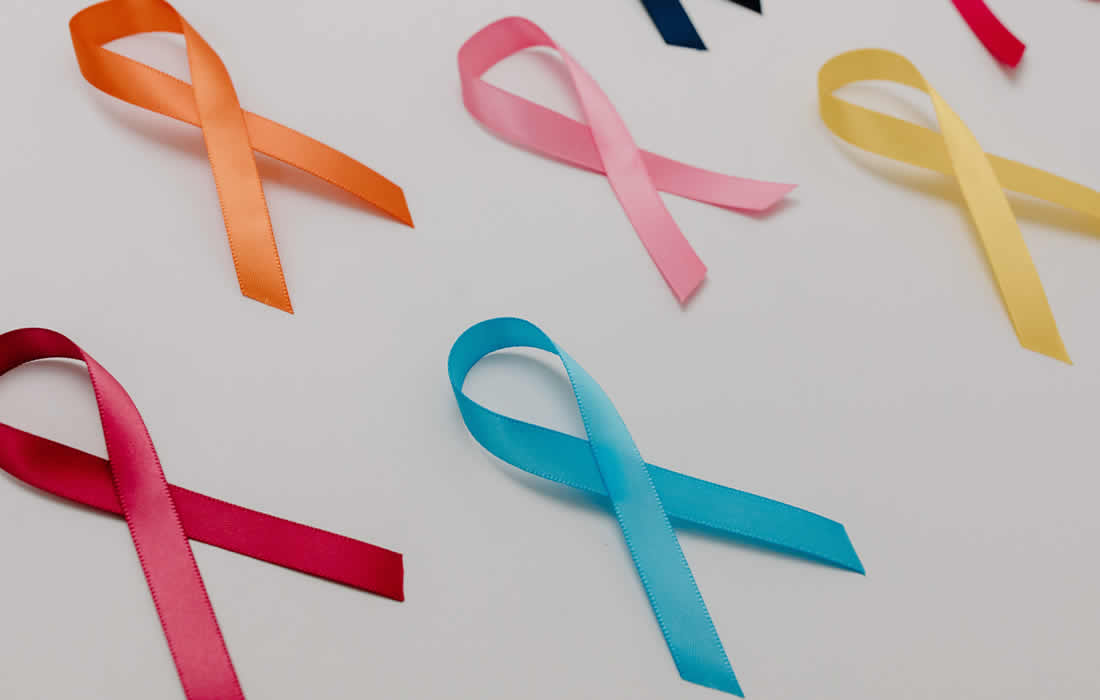Regenerative Medicine News and General Information
Breakthrough in Bladder Cancer Research
After 40 years of treating metastatic bladder cancer with chemotherapy as a primary treatment, scientists now present a new approach using immunotherapy combinations. The outcomes of these studies are going to revolutionize the landscape of bladder cancer treatment.
Traditionally, cisplatin-based chemotherapy has been the standard treatment for bladder cancer patients who are able to tolerate this drug.
However, responses have been limited, and durable outcomes rare.
Over the past years, two phase-3 clinical trials studied the effects of combining immunotherapy with either chemotherapy or a new drug, enfortumab vedotin, to treat bladder cancer (more exact: urothelial carcinoma). With success, both studies show a significant increase in both overall survival as well as progression-free survival.
The CheckMate 901 trial investigated a new combination of the drugs nivolumab and gemcitabine-cisplatin and compared this to treatment with only chemotherapy.
The results demonstrated that patients treated with both drugs showed a 22% reduction in the risk of death compared to patients only treated with chemotherapy.
The findings also showed that the combination of nivolumab and chemotherapy led to a significant improvement in progression-free survival vs chemotherapy alone.
During this ESMO presidential session, the results of another phase-3 in the same treatment line will be presented, featuring a novel combination of an antibody-drug conjugate with immune checkpoint inhibition, using Enfortumab Vedotin + pembrolizumab.
This study found a statistically significant and clinically meaningful improvement in overall survival and progression-free survival as well.
These results will be published in a scientific journal at a later time.
Both treatments are yet to be registered and approved in the Netherlands for health insurance coverage, meaning that they will not yet be readily available.
In the US, the Enfortumab Vedotin + pembrolizumab is already available for a subgroup of bladder cancer patients, based on a phase 2 study.
Medical oncologist Michiel van der Heijden from the Netherlands Cancer Institute (NKI) explains: “these results mark a milestone in bladder cancer research, providing the first evidence of a survival benefit of combination therapy involving immune checkpoint inhibitors over chemotherapy. This is an exciting development in our field, as these findings will thoroughly change the treatment landscape for advanced bladder cancer. It is a testament to the collaborative efforts of researchers, and most importantly, the resilience of all patients who participated in this study.”
Sources:
Michiel S. van der Heijden, Guru Sonpavde, Thomas Powles, Andrea Necchi, Mauricio Burotto, Michael Schenker, Juan Pablo Sade, Aristotelis Bamias, Philippe Beuzeboc, Jens Bedke, Jan Oldenburg, Gurkamal Chatta, Yüksel Ürün, Dingwei Ye, Zhisong He, Begoña P. Valderrama, Ja Hyeon Ku, Yoshihiko Tomita, Jeiry Filian, Lily Wang, Daniela Purcea, Miraj Y. Patel, Federico Nasroulah, Matthew D. Galsky. Nivolumab plus Gemcitabine–Cisplatin in Advanced Urothelial Carcinoma. New England Journal of Medicine, 2023; 389 (19): 1778 DOI: 10.1056/NEJMoa2309863
Materials provided by Netherlands Cancer Institute. Note: Content may be edited for style and length.
Netherlands Cancer Institute. “Breakthrough in bladder cancer research.” ScienceDaily. ScienceDaily, 16 November 2023. <www.sciencedaily.com/releases/2023/11/231116141021.htm>.
Images from:
hoto by Tara Winstead https://www.pexels.com/photo/a-variety-of-cancer-awareness-ribbons-7723539/

